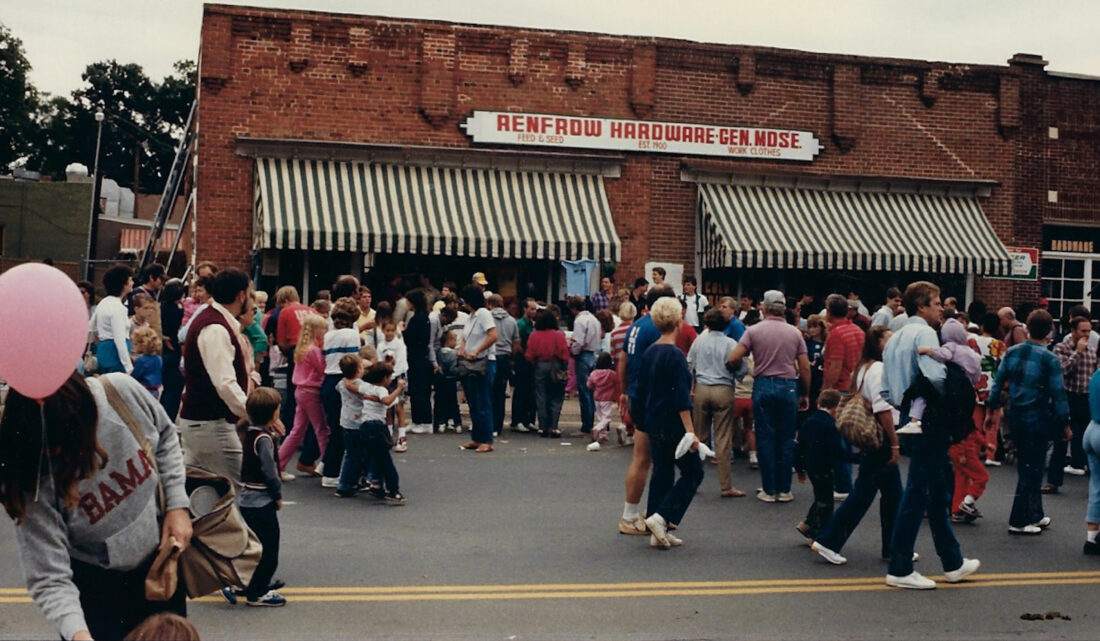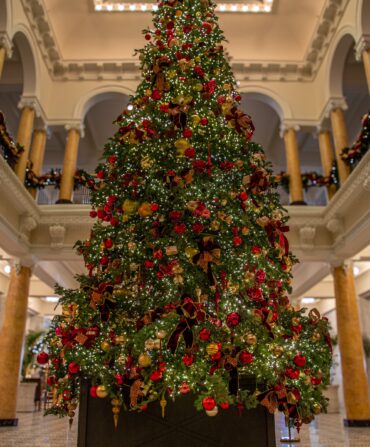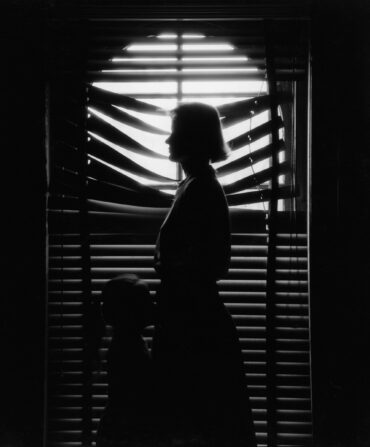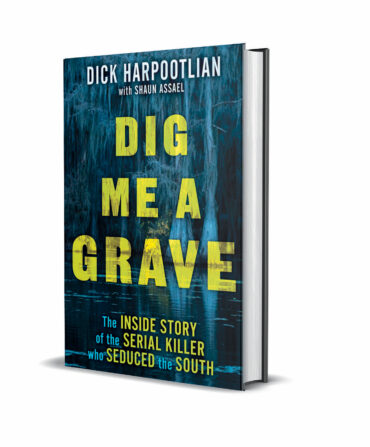The front of one of my favorite shirts says Small Towner. The thing is, it’s kind of a lie. I’ve never lived in a small town. In fact, I’ve lived most of my life with Uptown Charlotte on the horizon. If the shirt was honest about where I’m really from, it would say something like Suburbanite or Neighborhooder. Don’t get me wrong. I love my neighborhood, and I’ve had a good life here in this North Carolina city, but my heart’s always yearned for a smaller place, a slower pace, and a community that feels like family. When I think back, I figure a part of that dream started more than thirty years ago with a trip to Renfrow Hardware.

Renfrow Hardware & General Merchandise is a 120-year-old store in downtown Matthews, North Carolina—a small town on the outskirts of Charlotte. My mom, an avid gardener, used to take my brother and me there as little kids to look at the seed selections, most of which were housed in big mason jars that lined deep wooden shelves. I remember walking through the old screen door, hearing the slap of it closing behind us. I remember the smell of fertilizer and weathered wood, the way the original floor creaked beneath my feet. I always lost interest in the seeds my mom was showing us—and the drawers of shiny nails, bolts, anchors, and rivets—when I remembered the old Coca-Cola cooler and the chickens clucking in the coop out back. There was always plenty to entertain a kid there. But the main things I think of when I recall those early visits to Renfrow weren’t all the things we could buy. I think of the people.
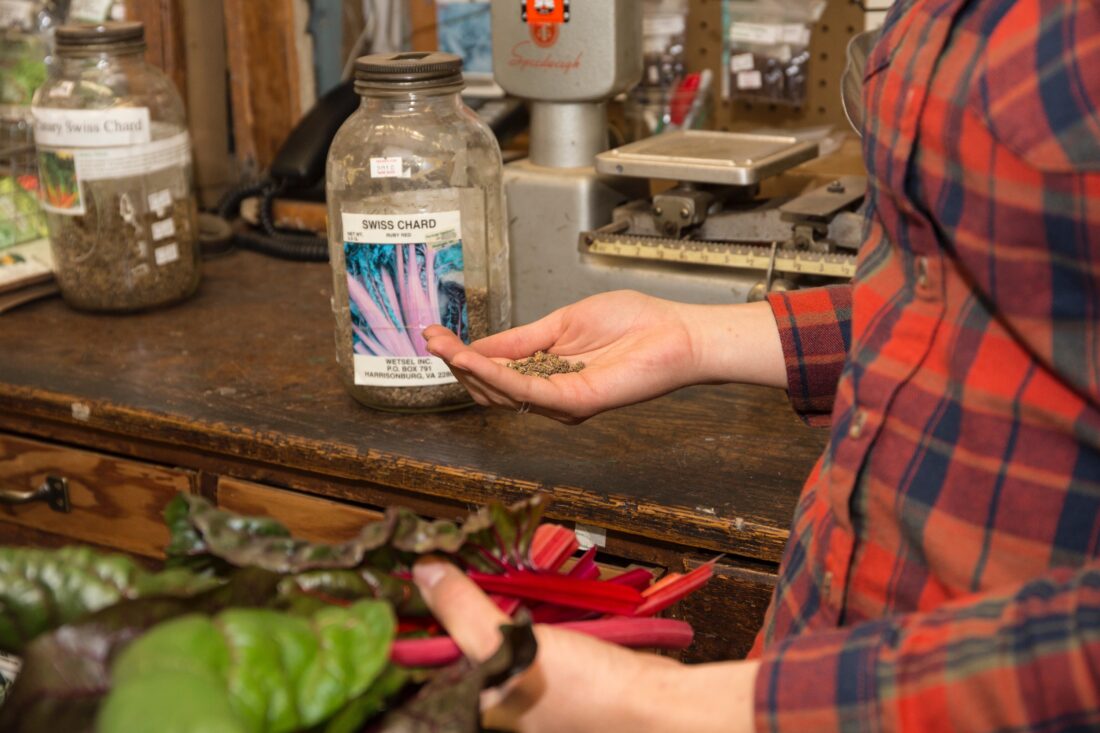
Certain places have a feeling, a rush of warmth and peace when you go in them, and it never has to do with the building. We would be in the store only two minutes or less before a friendly face would appear and ask my mom if she’d like any help with the seeds. What I witnessed next was usually a meeting of kindred spirits cloaked in talk of flower varieties and gardening tips. It seemed like a foreign language to me, a black thumb even at five, but before I knew it, we’d be surrounded by a whole group of plant aficionados, only a couple of whom worked at the store. The rest were farmers and gardeners from all around the area it seemed, people like my mom who knew the store would have what they needed. Not only the best supplies, but the camaraderie and advice, too.
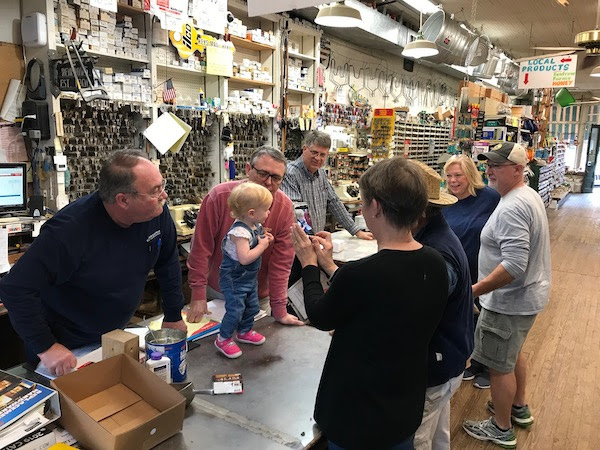
Those trips to Renfrow shaped my view of what life was like in a small town, an education in the value of spontaneous community and the feeling of instant belonging—even in a place I visited only a few times each year. Even so, those early visits never felt like an introduction to town life, but rather a return to a familiar place after having spent a long time away. That might seem like a strange statement for a city girl to make, but here’s the thing—my family comes from tiny West Virginia coal towns; a blink-and-you’ll-miss-it farming community near Burlington, North Carolina; and a little sound-side town outside New York City where my family owned a large nursery. I’ve always believed that we carry our ancestors’ lives within our own.
The other weekend, I told my kids we were going to Renfrow because I needed to pick up some local honey. It’s true, I needed the honey, but really I just needed to go. I wanted to walk across those old floors and find something new, but I also wanted to feel the history of the place, a place I feel a part of.
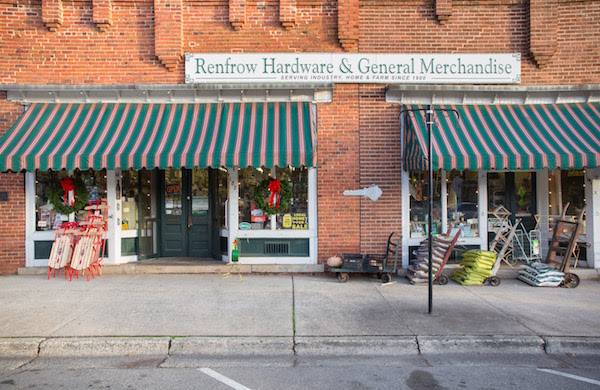
I let my kids browse the aisles, pick out some seeds, and chat with their own kindred spirits—another set of siblings looking to plant a winter garden. I stopped to read an old newspaper article framed at the end of one of the aisles, about how the Renfrow family’s cotton gin operation at the hardware store was changing with the advent of horseless carriages. The sentiments were familiar. My grandpa used to tell me how he helped his own grandpa, a sharecropper, load his cotton in a carriage to take to their local gin.
Right as I was finishing my read, an older man stopped and looked over my shoulder. “Wasn’t that long ago,” he commented, and we got to talking about where his people were from and about our shared love for ancestry. A few of his stories involved the store, which he’d been visiting since the late forties. I asked him to tell me more about the history of Renfrow.
The details are a little fuzzy, but the store dates to around 1900, when a mining engineer, Thomas Jefferson “Captain” Renfrow, opened it not far from the gold mine he also operated. The mine was successful, and with his earnings, Renfrow purchased farmland and later became a cotton ginner and broker. Because of its convenient location, the store became a central meeting place for farmers to buy supplies and gin their cotton and for families to purchase groceries, clothing, and seeds. For the next eight decades, the Renfrow family owned and operated it. In 1984, the family sold it to a friend, David Blackley, who has lovingly cared for the store to today.
At the end of our recent trip, I took a few pictures of my kids with their sodas and seeds in front of the old Coca-Cola cooler, and then snapped a few shots of the store. On the way home, as my kids chattered about the new friends they’d made and the seeds they’d purchased, I was thinking about the book I was writing called Sing Me Home to Carolina, a book set in a small, quirky Carolina town. Suddenly, I knew that the heart of the fictional town had to be the hardware store, just like the hardware store that had always captured my heart.
Maybe I’ll always live in the city. Maybe I’ll never uproot and move to a place where my family can walk to school or to the library, but I realized as I was driving home that day that I didn’t need to live in a small town to be a small-towner. Every time I visit Renfrow Hardware, I already know I belong.
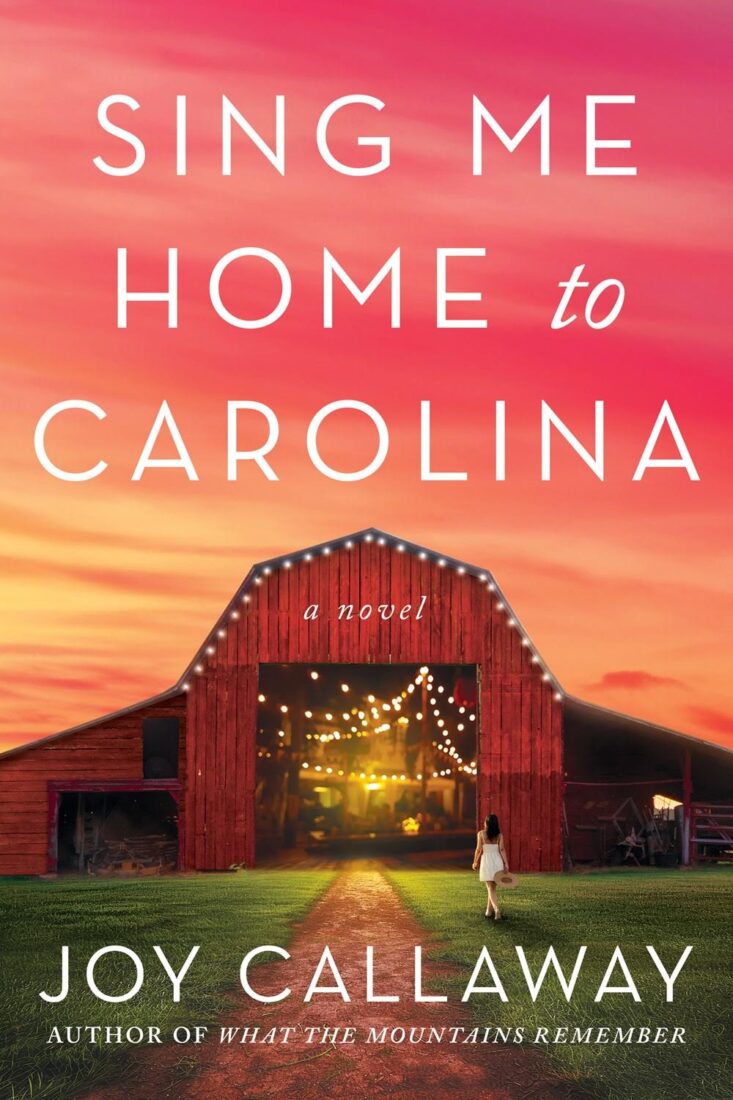
Joy Callaway lives in Charlotte, North Carolina, with her family. She is the international bestselling author of The Star of Camp Greene, What the Mountains Remember, All the Pretty Places, The Grand Design, Secret Sisters, and The Fifth Avenue Artist Society. Her forthcoming book, Sing Me Home to Carolina, comes out June 10 and was partially inspired by Renfrow Hardware.
Garden & Gun has an affiliate partnership with bookshop.org and may receive a portion of sales when a reader clicks to buy a book.


